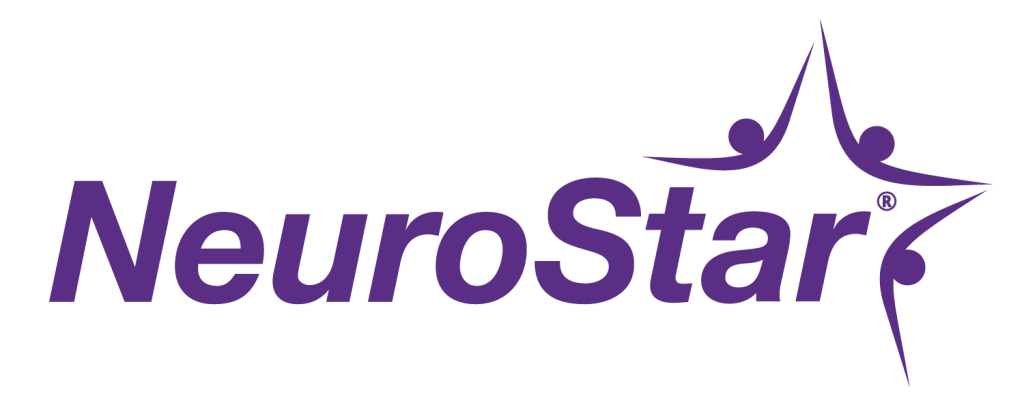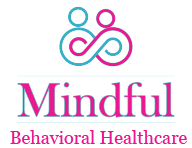© 2025 Mindful Behavioral Healthcare. All Rights Reserved. Visit Neurostar.com for indication for use and safety information.
ENGLISH | SPANISH
Call or Text: 407-846-0533


Cognitive Therapy assesses a person’s thoughts. It is not uncommon to harbor negative thoughts, but with depression, those thoughts can become overwhelming, influence a person’s mood, and can even distort reality. Cognitive therapy can help identify and change negative ways of thinking, relating and behaving.
Cognitive therapy can help reduce symptoms of depression, such as fatigue and low self-esteem by helping patients learn to recognize and correct those negative automatic thoughts.
It is a treatment modality that allows the patient to focus on the present time and teaches them to value the positive aspects of their life. Although it is geared toward patients with chronic pain and physical conditions, it is utilized to manage all negative influences in a person’s life.
Mindful Based Stress Reduction can help patients cultivate self awareness and reduce stress in their lives.
Trans-cranial magnetic stimulation or TMS, is a therapy that uses pulses of magnetic fields to stimulate nerve cells in the area of the brain thought to control mood.
TMS Therapy is an outpatient procedure that consists of 5 treatments per week in a 4-6 week period for 20-30 treatments. Each treatment is approximately 37 minutes.
Each therapy treatment:
The magnetic field produced by TMS therapy produces an electric current in the brain that stimulates neurons. This results in changes that are thought to be beneficial in the treatment of depression.
The process of treating people with emotional symptoms that are affecting their daily functioning by allowing the expression of feelings and emotions affecting the individual. Mindful Behavioral Healthcare offers talk therapy to help patients work on areas of their lives related to their concerns. Therapy sessions are regularly weekly or biweekly, lasting about 45 minutes long. Therapists guide clients to identify aspects of their lives they would like to change, to better understand themselves and set personal goals.
The patient receives feedback from the therapist or counselor about how to manage their concerns. Different strategies may be used in this treatment process. Studies have shown that the best treatment options can be achieved by the utilization of psychotherapy and medication management.
There are a number of techniques that may be used in this process, such as:
Parental counseling is a type of talk therapy whose aim is to provide knowledge, tools and guidance to parents without judgement. A parent’s responsibilities are tremendous when raising a child, whether as a single parent or with a spouse. Parental counseling can assist those experiencing marital issues, coping with loss or suffering from other life stressors.
Parental Counseling helps in many ways. It can relieve stress and guide parents in parenting style. Some parents have their own emotional or mental conditions which make them struggle in their parenthood role. Others simply need to vent to someone who can guide them and develop strategies of intervention in order to successfully channel their children’s behavior. Parental Counseling is available as a support resource for clients.
Medication Therapy Management is a service that utilizes drug therapy to provide clients with a positive therapeutic outcome. With medication management we prescribe evidence based medicine to treat mental, emotional and behavioral disorders.
We create a customized treatment plan that is contingent on our patient. No patient is the same, which is why each individual receives an effective treatment plan and review. Our goal is to ensure that each patient receives the appropriate treatment based on their daily living.
A Psychiatric evaluation is a tool utilized by psychiatrists to diagnose problems with a patient’s mental health and behaviors.
The duration of an evaluation varies from person to person because it is a comprehensive assessment of an individual, which involves the following:
We offer these evaluations for the purpose of individualized treatment and competency issues such as:
A psychiatric evaluation may help patients by diagnosing or confirming a mental disorder that requires treatment. Once properly diagnosed a customized treatment plan can be implemented.
© 2025 Mindful Behavioral Healthcare. All Rights Reserved. Visit Neurostar.com for indication for use and safety information.
